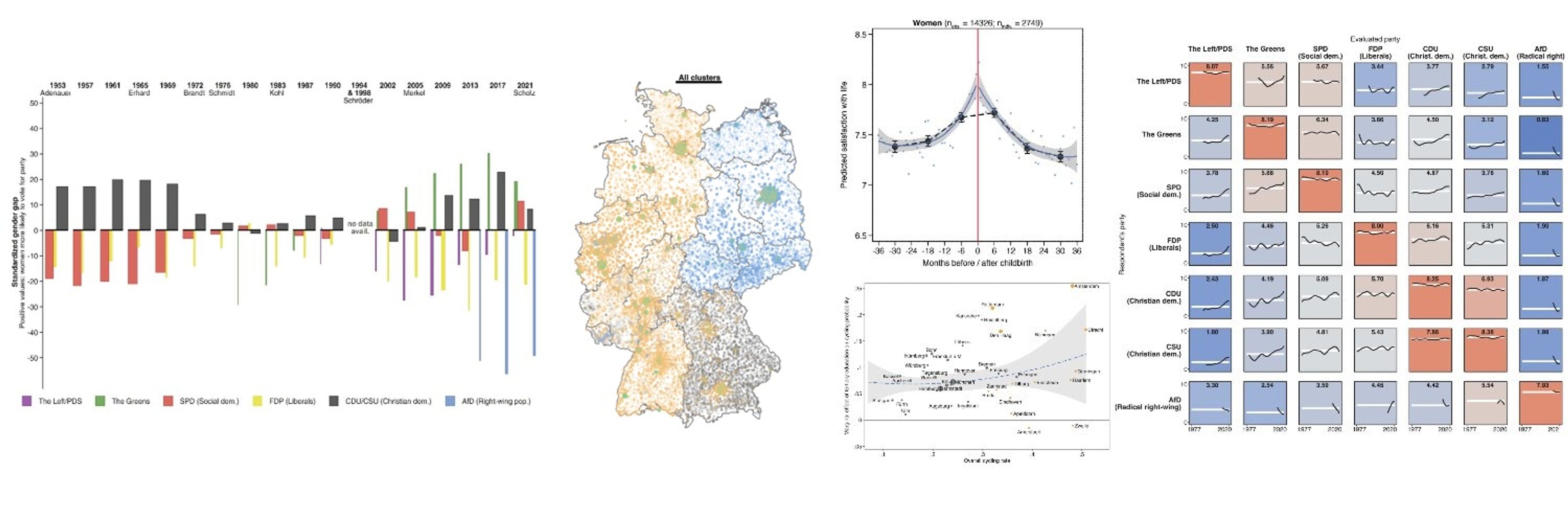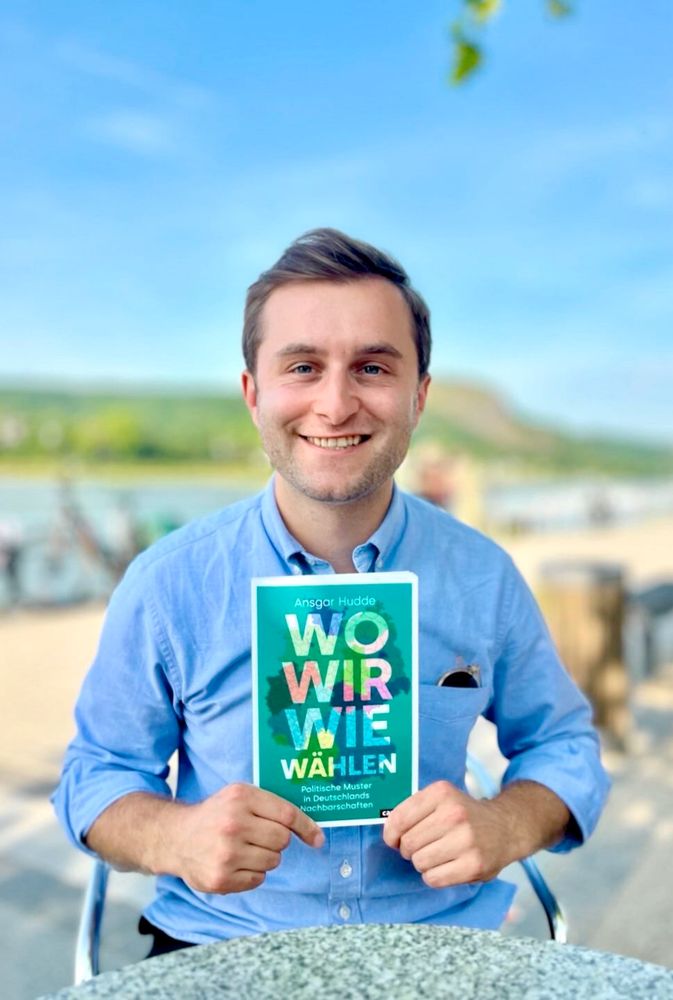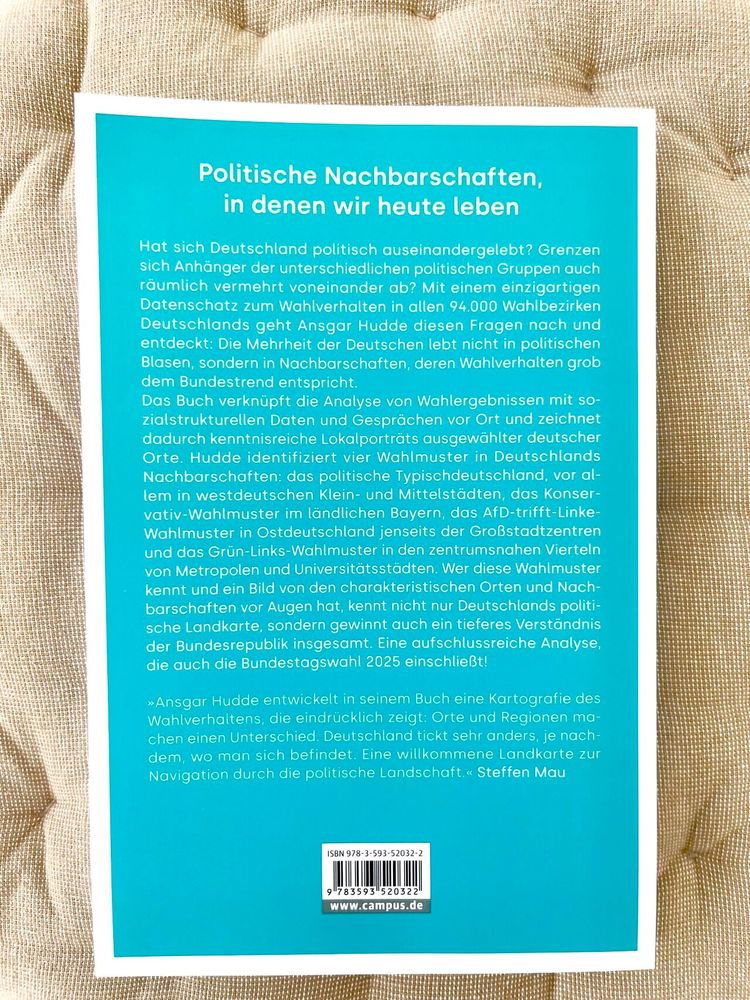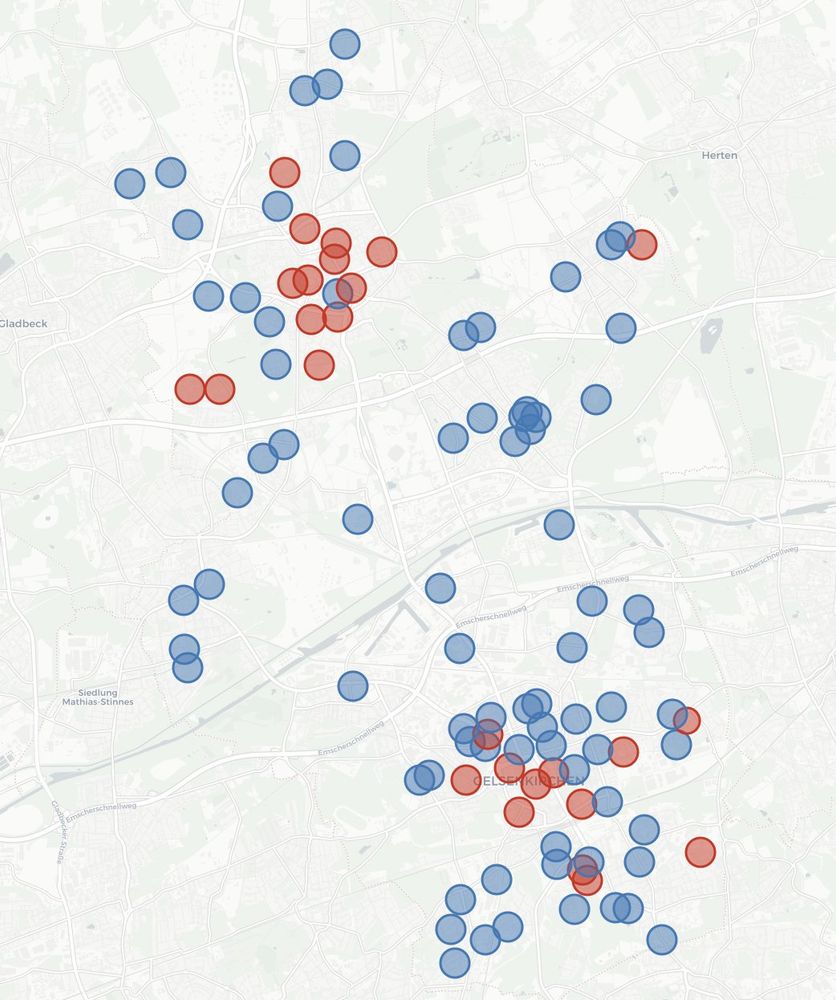Ansgar Hudde
@hudde.bsky.social
4.3K followers
1.4K following
210 posts
Social scientist, mainly quantitative:
- Political attitudes, voting & electoral geography
- Family & gender
- Sustainability & mobility 🚲
- Methods & data viz
Lecturer ("akademischer Rat a.Z.") @ Uni Cologne
Here's my website: hudde.me
Posts
Media
Videos
Starter Packs
Pinned
Reposted by Ansgar Hudde
Reposted by Ansgar Hudde
Reposted by Ansgar Hudde
Reposted by Ansgar Hudde
Reposted by Ansgar Hudde
Reposted by Ansgar Hudde
Reposted by Ansgar Hudde
Reposted by Ansgar Hudde
Reposted by Ansgar Hudde
Reposted by Ansgar Hudde
Reposted by Ansgar Hudde
Reposted by Ansgar Hudde
Reposted by Ansgar Hudde
Reposted by Ansgar Hudde
Reposted by Ansgar Hudde








































